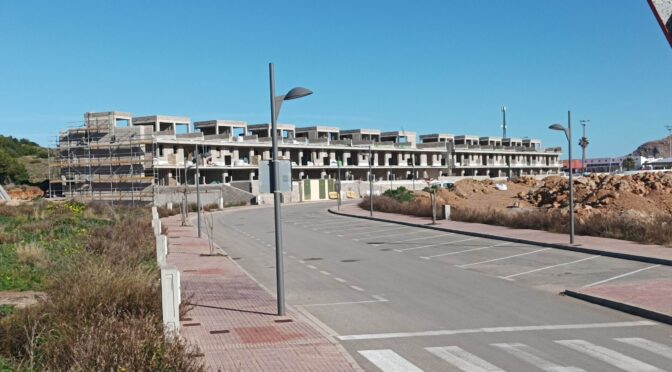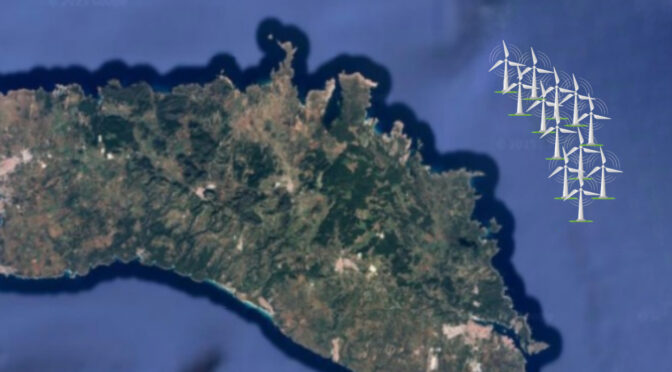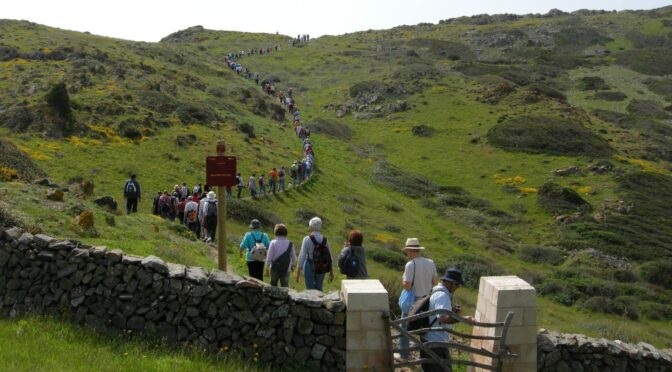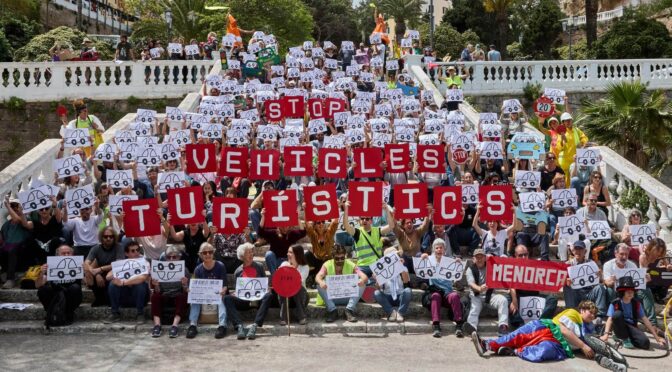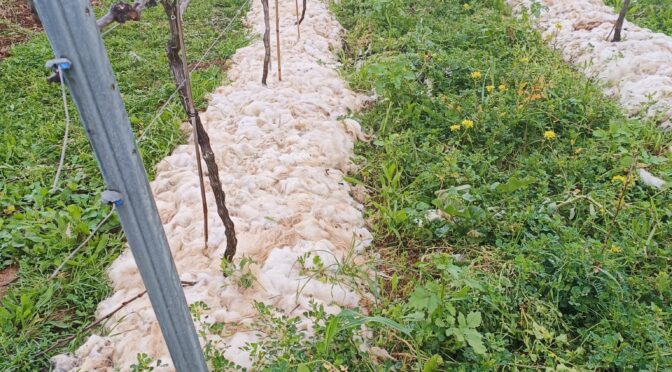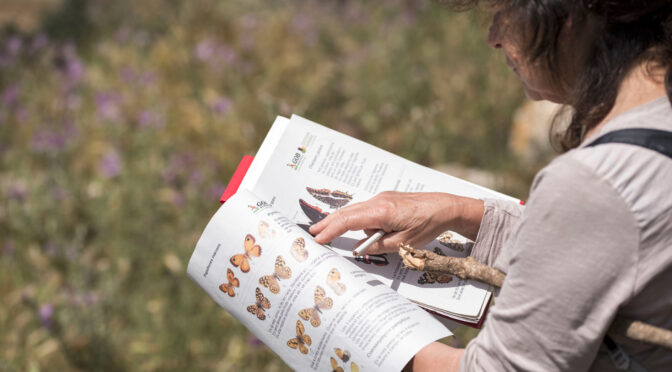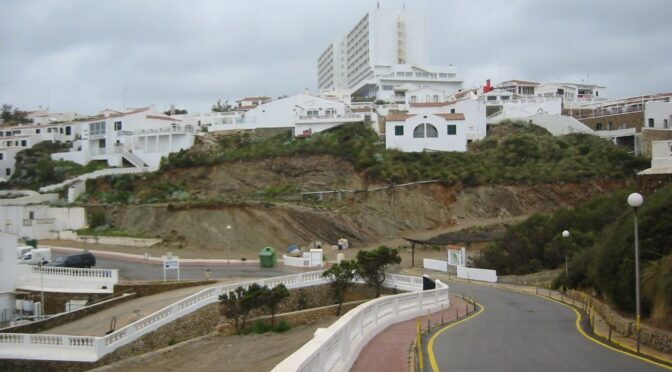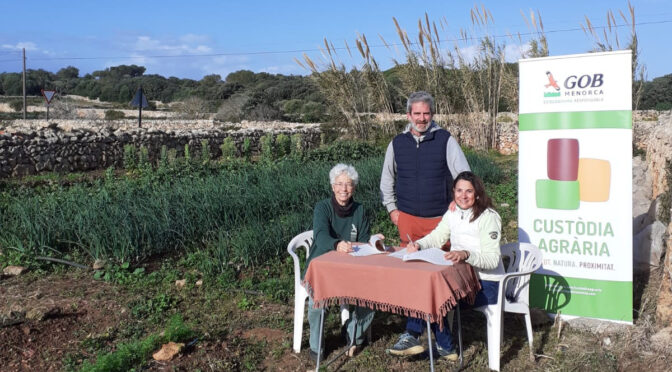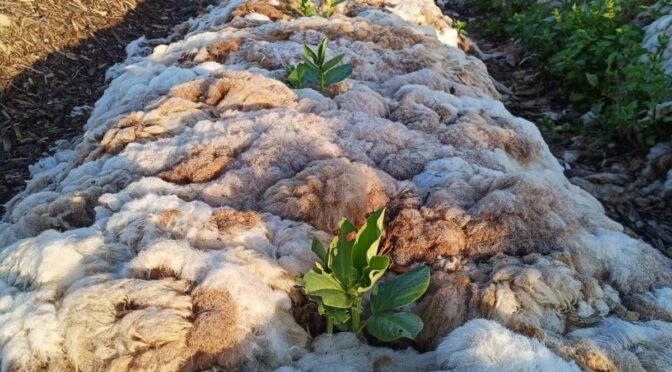Views: 1221
There have been controversial works ongoing for months in Fornells. Terraced houses are being built at the upper part of the village. The controversy revolves around the height of the building in relation to what is permitted by the municipal planning.
Continue reading Submission of an appeal regarding construction works in Fornells

